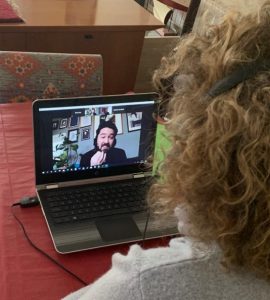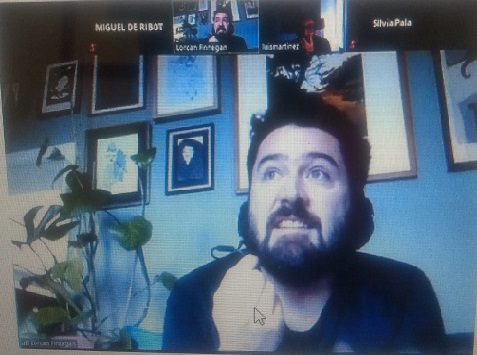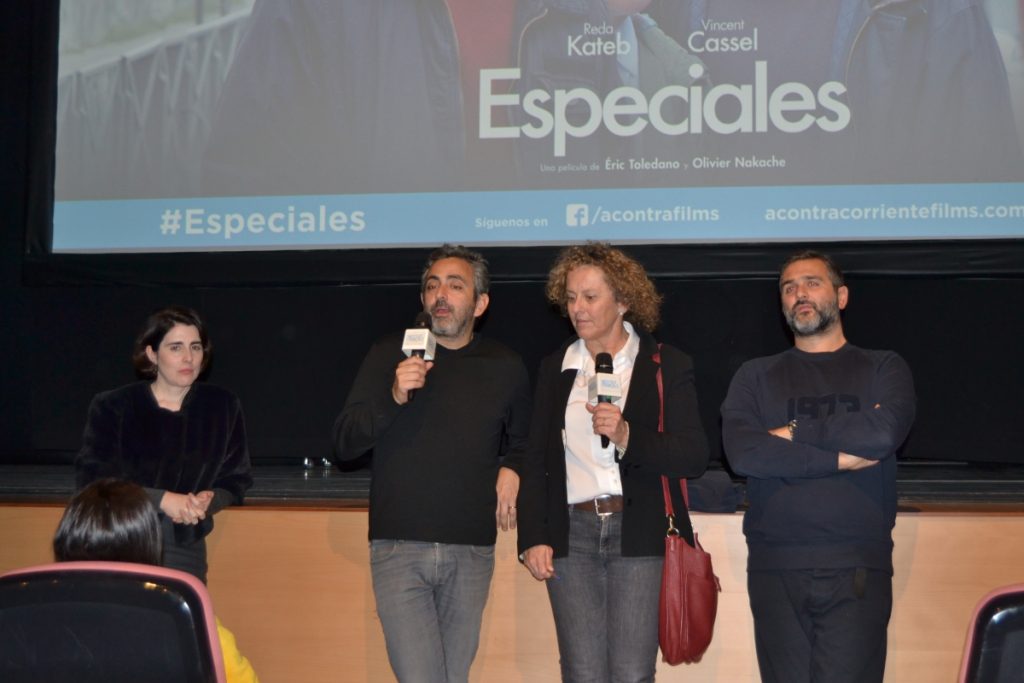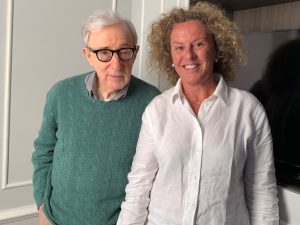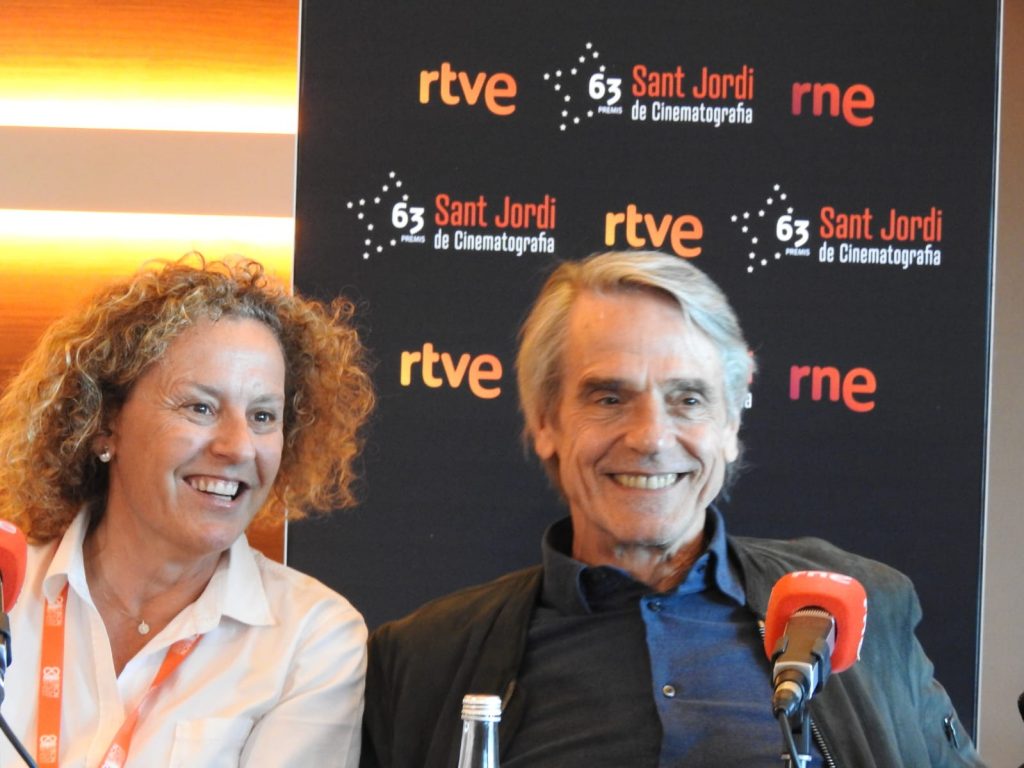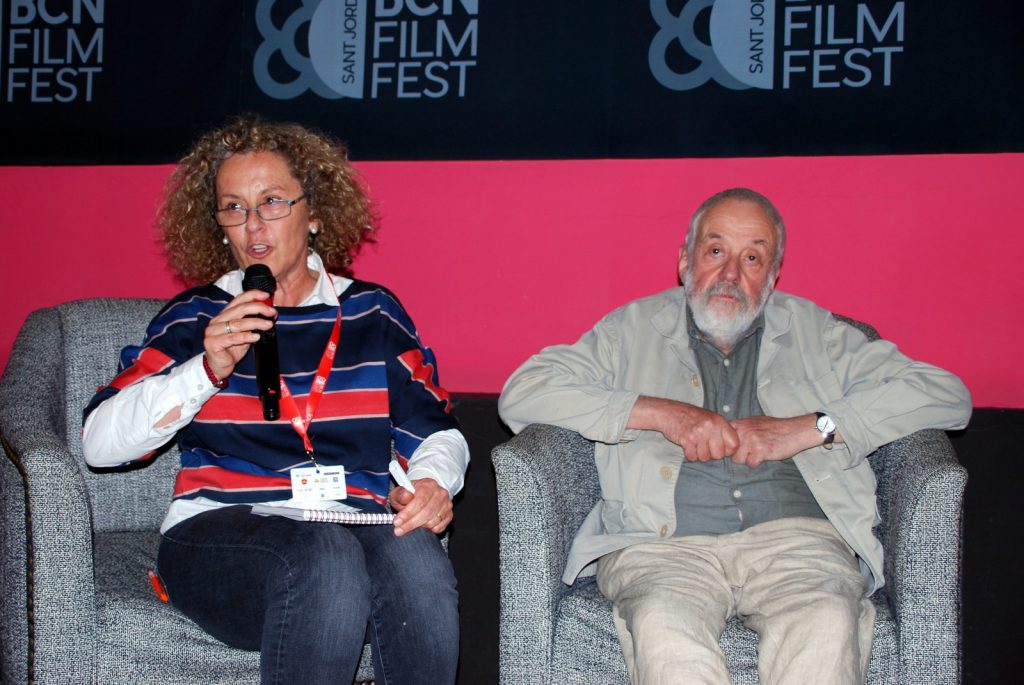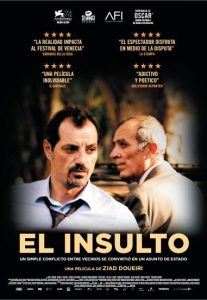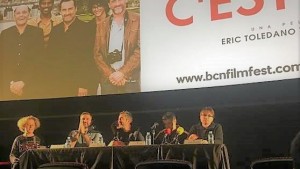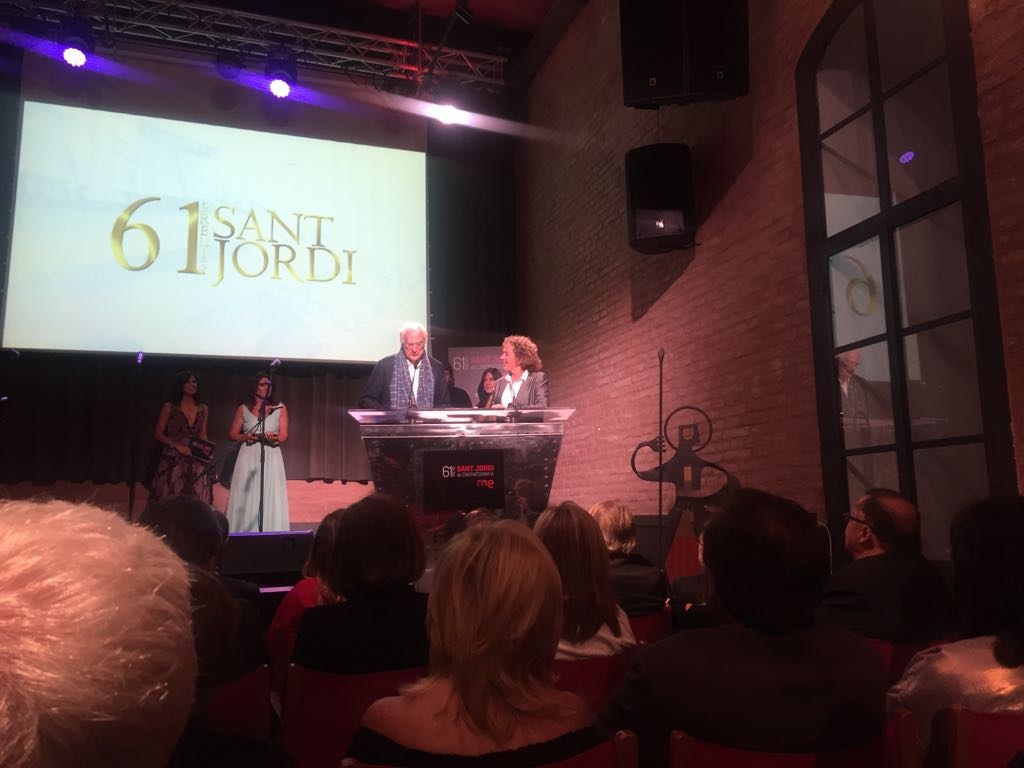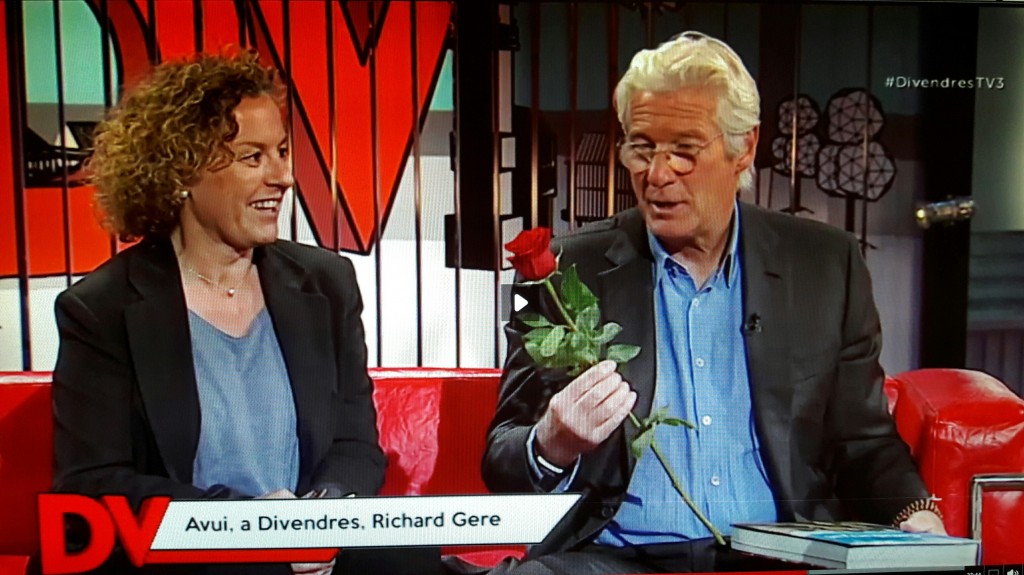The big screen has no alternative, the seventh art has been forced to cancel spring releases, productions have been stopped and local cinemas are exploring different possibilities to survive. This is the context in which Salavirtualdecine was born, an initiative promoted by A Contracorriente Films and its associated cinemas, the Verdi cinemas, with 70 theatres throughout Spain, so that audiences can enjoy some of these premieres on their mobile devices and televisions connected to the internet.
It is in Salavirtualdecine where we find Vivarium, released on April 8th, which tells the story of a young couple trapped in a house with a child and which takes on very different tones to those it had at its premiere in Cannes.
“It’s all so strange. The film that was seen for the first time in Cannes is the same as the one that is being released now, and yet it is completely different,” says the Irish director on the other side of the Zoom application from Dublin, where he is being held, in a cryptic, almost formal manner. And having said that, and to make it clear, it is the director who lists the rare catalogue of parallels between reality and fiction: “On the one hand, there is the obvious. Yes, Vivarium’ tells the story of a couple trapped in a house with a child. But, if you think about it, it’s so scary: the character Jesse (Eisenberg) plays develops an illness that manifests itself as a mysterious cough. Body bags appear in a somewhat inexplicable way. The couple receives everything they need by courier. And then, and this is already bordering on the paranormal, in the illustrations of the book that Gemma (Imogen Poots) reads to her son, a man, a woman and a child appear under a kind of symbol that reminds us with a sickly fidelity of the very drawing of the coronavirus that we are tired of seeing everywhere”. And at this point, it almost makes you want to ask the director for responsibility for the mess he has got us into. “It’s a bit creepy, to say the least,” he concludes, backing up on the couch and finally laughing.
